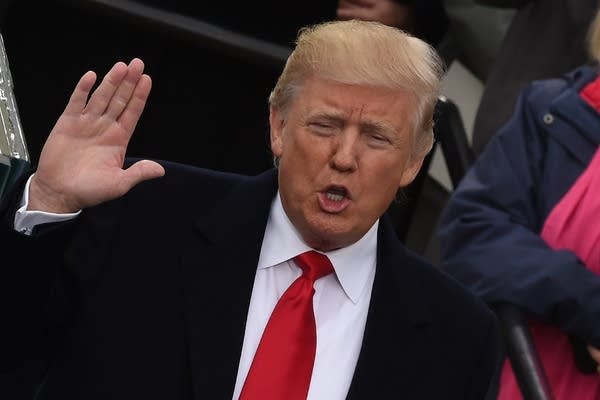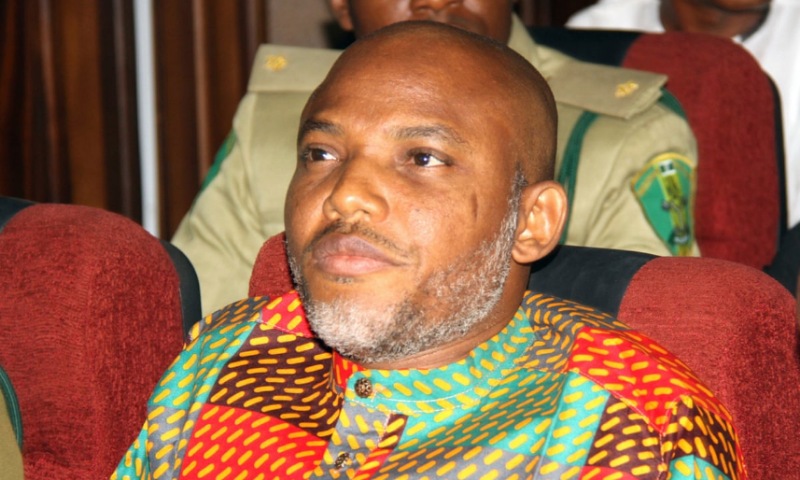In a recent press conference, President Donald Trump made claims linking prenatal Tylenol use, vaccines, and autism, assertions that lack scientific backing. His remarks electrified the “Make America Healthy Again” (MAHA) movement, which has long challenged mainstream medical norms. By elevating fringe theories to the national stage, Trump did not just sow confusion; he conferred legitimacy on a coalition built on distrust of big pharma and government health agencies.
What Trump Said and Why It Matters
Trump urged pregnant women to “fight like hell” not to take Tylenol unless medically necessary. He also repeated the claim that autism rates have surged, suggesting external causes like medication or vaccine schedules. He cited examples such as the Amish and Cuba, claiming their lower Tylenol use resulted in virtually no autism. These remarks stray sharply from medical consensus.
Medical experts quickly pushed back. They noted that while autism diagnoses have increased over decades, this rise owes more to broader diagnostic criteria and improved awareness than to external agents like Tylenol. They also warn that discouraging Tylenol use in pregnancy may pose greater risks, like untreated fever, to the mother and fetus.
What the MAHA Movement Is
MAHA, which stands for Make America Healthy Again, emerged as a health reform coalition led by Robert F. Kennedy Jr. It argues that chronic illness is underaddressed, and that environmental factors, pharmaceutical overreach, and vaccine schedules deserve scrutiny. The movement often questions conventional medicine and emphasizes alternative health narratives.
When Trump aired these unproven claims, MAHA supporters hailed it as a breakthrough. Del Bigtree, a leading voice in vaccine skeptic circles, said Trump’s remarks marked a “ray of sunshine” for the movement. Within that coalition, the moment feels like validation after years of being dismissed by mainstream institutions.
Political Potency of Health Narratives
By using emotional and maternal appeals, Trump tapped into a powerful rhetorical tool. He framed the debate around the safety of mothers and children, an area where many will listen. That strategy can shift voter sentiments more than technical arguments because people often react to stories and fear more than statistics.
Furthermore, his comments blur the line between public health guidance and political messaging. They may encourage more skepticism among voters toward medical authorities. Many communities already distrust health institutions; this reinforces those doubts and gives a platform to alternative voices.
Risks to Public Health
Misinformation around autism can cause widespread harm. If people avoid Tylenol during pregnancy without a medical reason, they might expose themselves to risks from untreated symptoms. Worse, repeated framings that vaccines or common medications cause autism can deter vaccination, threatening community immunity.
Also, using autism as a political tool worsens stigma. It suggests that having it reflects misbehavior, medical error, or overlooked risk, which demeans neurodiversity. Advocacy groups and scientists have strongly condemned the rhetoric.
What Should Be Done Next
First, public health leaders must respond forcefully and accessibly. They need to explain in plain language why these claims lack evidence, and what the real science says. Second, medical communities must emphasize guidance that balances risk and benefit, especially in pregnancy. Third, media and fact checkers must hold public figures to account when they promote unfounded claims.
Finally, communities should invest in health literacy so people can distinguish credible science from sensational claims. The MAHA movement’s gains remind us that narratives matter as much as data in politics.
Conclusion
Trump’s misleading statements on autism did more than cause headlines. They energized a health skeptic movement, legitimized fringe views, and exposed the political power of maternal fears. While many experts sound alarms, the truth now must compete with powerful narratives. In this era, misinformation is not just a health problem; it becomes a political strategy.
Bonus Read: UK Charities Drop Sarah Ferguson Over Epstein “Supreme Friend” Email



